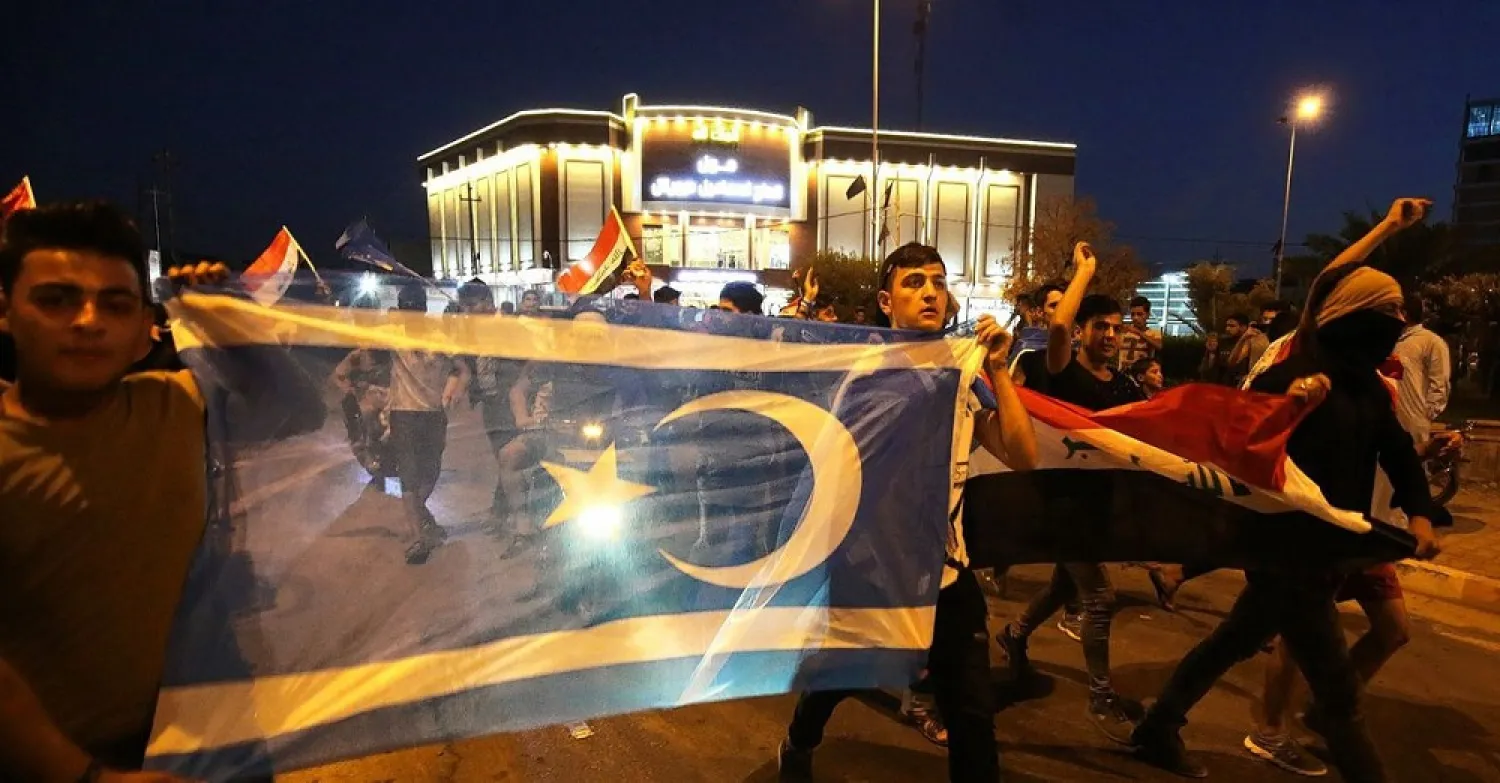Iraq’s Turkmen have sought hard in recent days to exploit the ongoing crisis between Baghdad and the Iraqi Kurdistan Region for their favor, especially after the Iraqi government forces seized the majority disputed regions, including oil-rich Kirkuk.
Kirkuk, whose population is 32 percent Turkmen, has been the focus of talks carried out by a Turkmen delegation that has visited Turkey.
A member of the delegation Fawzi Akram Tarzi demanded: “We want real partnership in decision-making in the province.”
The rest of Kirkuk is divided equally between Kurds and Arabs at 32 percent, while Christians make up 4 percent of the population.
Tarzi denied claims that Turkmen had deliberately displaced Kurds in Kirkuk in recent weeks. He said that the Kurds were displaced by the recent Iraqi military campaign in the region.
“They did not leave under Turkmen threats and we demand the return off all who left the area,” he continued.
As part of their efforts to take advantage of the situation, the Turkmen delegation visited on Sunday the Turkish capital Ankara where it held talks with President Recep Tayyip Erdogan.
The delegation had also previously held talks with Iraqi Prime Minister Haidar al-Abadi in Baghdad.
The Turkmen enjoy local and regional support, said Tarzi.
“The meeting in Ankara was excellent because the gatherers held clear talks over the future of the Turkmen and over strategic issues that should be executed in the next five years,” he explained.
Even though the Turkmen minority enjoys the same Sunni and Shi’ite makeup as the rest of the Iraqi population, it has long complained of marginalization and their lack of proper representation in government and other public positions in both Baghdad and Kurdistan.
“The Turkmen do not have demands for a federation or autonomous rule, but we want our natural rights that are stipulated in the constitution,” but unfortunately none of that has been granted, continued Tarzi.
He revealed that the delegation will visit Iran soon. It will also pay visits to Egypt to meet members of the Arab League and later the European Union to present the Iraqi Turkmen reality to officials.









